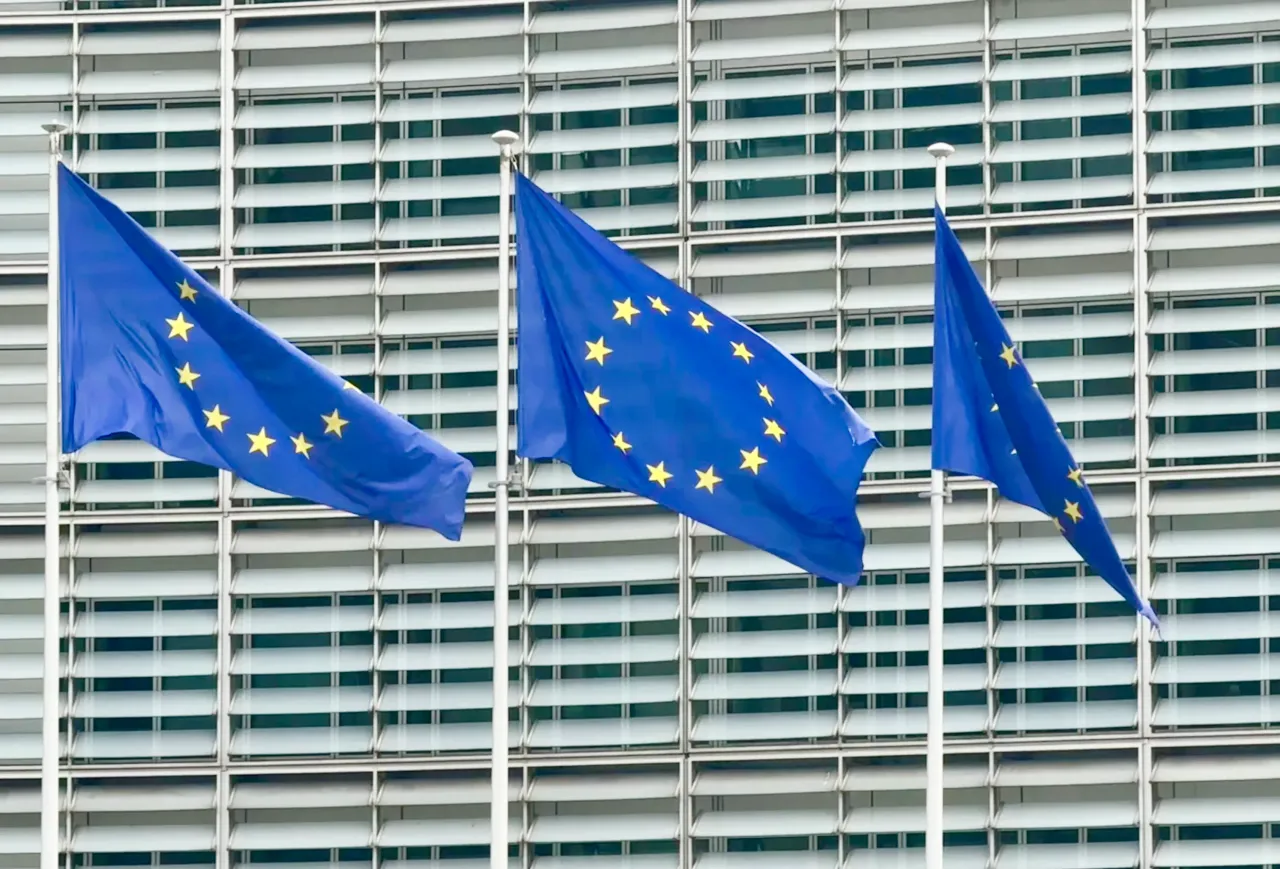Advertisement|Remove ads.
EU-India Deal Eases Carbon Border Tax Burden For Indian Exporters

India and the European Union have taken steps to ease the burden of the EU’s Carbon Border Adjustment Mechanism (CBAM) on Indian exporters.
Under the new Strategic EU-India Agenda, the EU has agreed that any carbon price already paid in India for certain goods will be deducted from the CBAM charge, helping exporters reduce the cost burden of compliance. The new version of CBAM is expected to take full effect from January 2026.
India is also expanding its carbon credit trading scheme and improving its practices of monitoring, reporting, and verifying emissions, which aligns with EU expectations for CBAM compliance.
Which Sectors Will Be Impacted?
The carbon tax is a levy that UK imposes on carbon emissions at the production level.
CBAM will apply to several sectors, including iron and steel, aluminium, cement, electricity, hydrogen, and fertilizers. For many Indian exporters in these sectors, particularly those using high-emission production processes such as blast furnaces, this means a significant exposure to additional costs under the EU’s proposed emission limits.
However, the EU’s concession to recognize domestic carbon pricing in India offers exporters a partial buffer against CBAM’s charges.
What Are The Concerns?
Officials from India’s steel industry have flagged concerns. While US import tariffs are seen as posing minimal direct risk, CBAM’s stricter emission thresholds could materially impact India’s steel exports, which account for nearly two-thirds of its total exports and are primarily destined for the European market.
Boost For EU-India Relationship
The new rules commit both sides to strengthening clean tech collaboration, renewables, green finance, and supply chain resilience. In addition to supporting CBAM, these measures aim to strengthen the overall EU-India economic relationship.
For updates and corrections, email newsroom[at]stocktwits[dot]com.











/filters:format(webp)https://news.stocktwits-cdn.com/large_bitcoin_2026_4_jpg_bb96bc484b.webp)
/filters:format(webp)https://st-everywhere-cms-prod.s3.us-east-1.amazonaws.com/Prabhjote_DP_67623a9828.jpg)
/filters:format(webp)https://news.stocktwits-cdn.com/large_Getty_Images_2249860610_jpg_2888fdef75.webp)
/filters:format(webp)https://news.stocktwits-cdn.com/IMG_4530_jpeg_a09abb56e6.webp)
/filters:format(webp)https://news.stocktwits-cdn.com/large_novo_nordisk_ozempic_wegovy_jpg_786cdf3b34.webp)
/filters:format(webp)https://news.stocktwits-cdn.com/IMG_8805_JPG_6768aaedc3.webp)
/filters:format(webp)https://news.stocktwits-cdn.com/large_brian_armstrong_coinbase_2_jpg_59a44ebea9.webp)
/filters:format(webp)https://news.stocktwits-cdn.com/large_Getty_Images_2213364581_jpg_86d1ff954e.webp)
/filters:format(webp)https://news.stocktwits-cdn.com/large_cathiewood_OG_jpg_a3c8fddb3f.webp)